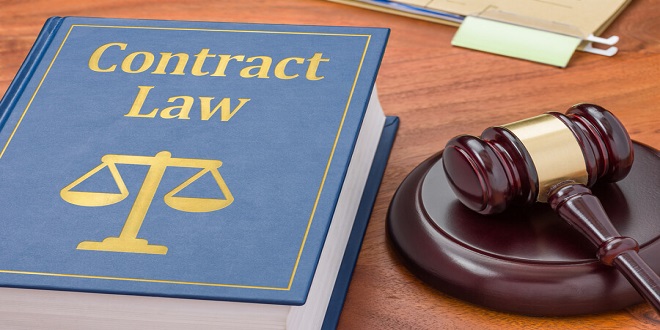Significance of a contract being voidable
The innocent party may, if he wishes, affirm the contract. Where the innocent party has not performed the contract, he may refuse to perform and rely on the misrepresentation, duress or undue influence as a defense. The misled or coerced party may rescind the contract by:
- informing the other party; or
- Where a fraudulent party cannot be traced, by informing the police (Car and Universal Finance Co v Caldwell (1965)); or
- bringing legal proceedings. It was stated in TSB v Camfield (1995) that the right to rescind is that of the represented not the court.
Affirmation of the contract
The represented may not rescind if he has affirmed the contract after learning of the misrepresentation either by declaring his intention to proceed with the contract or by performing some act from which such an intention can be inferred. In Long v Lloyd (1958), the buyer of a lorry undertook a long journey after discovering serious defects in the lorry. Held—he had affirmed the contract.
Lapse of time
This can provide evidence of affirmation where the misrepresented fails to rescind for a considerable time after discovering the falsity. In cases of innocent misrepresentation, lapse of time can operate as a separate bar to rescission. In Leaf v International Galleries (1950), the plaintiff bought a picture which the seller had innocently misrepresented to be by Constable. Five years later, the plaintiff discovered that it was not by Constable and immediately sought to rescind the contract. Held—barred by lapse of time.
Restitution must be possible
A person seeking to rescind the contract must be able and willing to restore what he has received under it. However, rescission is an equitable remedy, and the court will not allow minor failures in the restoration to the original position to stand in the way. In Erlanger v New Sombrero Phosphate Co (1878), the purchaser had worked phosphate mines briefly. Held—he could rescind by restoring property and accounting for any profit derived from it.
An active representation
The statement will normally be in words, but other forms of communication which misrepresent the facts will suffice, as in Horsfall v Thomas (1862) (below). Thus, misrepresentation may be by conduct. In Spice Girls Ltd v Aprilia World Services BV (2000), the Spice Girls entered into a sponsorship agreement with Aprilia, a manufacturer of motor scooters, and made a commercial at a time when they knew that Geri Halliwell was about to leave. This was held to be a misrepresentation that the group did not know and had no reasonable grounds to believe that any member of the group had an intention to leave before the end of the sponsorship agreement.
It must have been a material inducement
A statement likely to induce a person to contract will normally be assumed to have done so. Moreover, if the claimant can show that he was in fact induced, it is no defense to argue that a reasonable person would not have been influenced by the misrepresentation (Museprime Properties Ltd v Adhill (1990)). There is no inducement, however, where
Damages in the tort of deceit for fraudulent misrepresentation
It is up to the misled party to prove that the misrepresentation was made fraudulently, that is, knowingly, without belief in its truth, or recklessly as to whether it be true or false (Derry v Peek (1889)). The burden of proof on the misled party is a heavy one.
Damages in the tort of negligence
Victims of negligent misrepresentation may be able to sue under Medley Byrne v Heller & Partners (1963). The misrepresented must prove: (1) that the misrepresent or owed him a duty to take reasonable care in making the representation, that is, there must be a ‘special relationship’; (2) that the statement had been made negligently.
Last word
Where a bank has been put on inquiry, it is not required to have a personal meeting with the guarantor/surety, provided that a suitable alternative (usually a solicitor) is available. Normally, the bank can rely upon the solicitor’s confirmation that appropriate advice has been given. Ordinarily, deficiencies in advice are a matter between the solicitor and the guarantor/ surety—Royal Bank of Scotland v Etridge.






